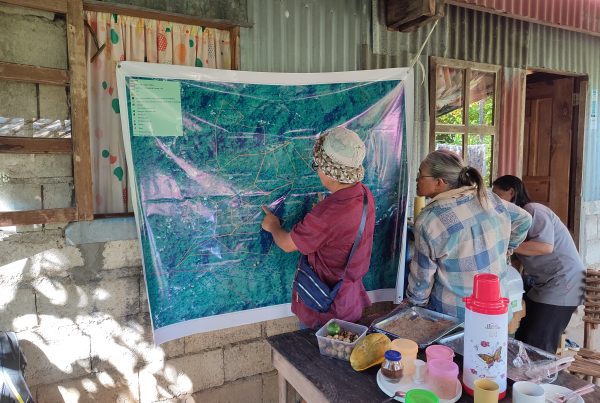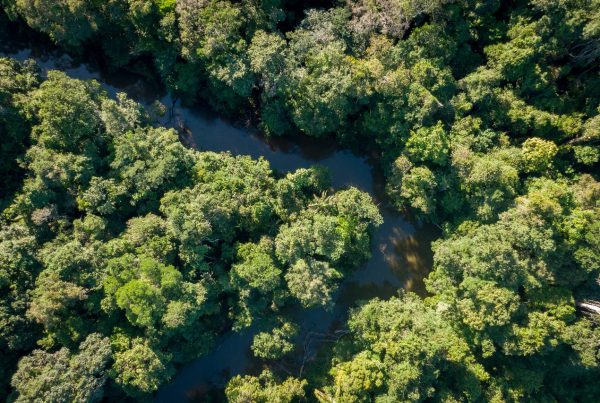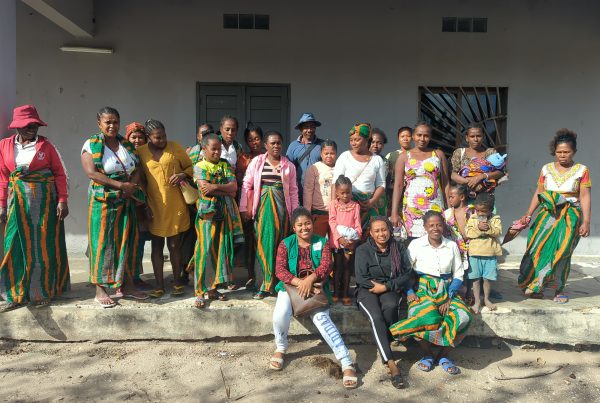The importance of our traditional homelands is inherent to our belief, culture, practice and life. The Gunditjmara community in southwest Victoria, Australia, knows that our ancestors engineered water channels, making barriers with the lava flow and stones to farm kooyang (eels) and fish. This practice continued for thousands of years to build our societies and our stone village sites.
The invasion, colonisation and dispossession of our traditional homelands since the early 1800s by Europeans impacted greatly on our lives and culture, but the stone aquaculture systems stayed mostly in place.
From the 1980s, the Gunditjmara regained control over parts of the aquaculture system through recognition of our right to protect our cultural heritage, which included securement of a freehold title. This restored the Gunditjmara community’s sense of self-determination and pride. The Gunditjmara worked with government and archaeologists as partners, to document the engineered stone works along the Budj Bim Cultural Landscape, and to analyse and interpret how our cultural systems worked – how our ancestors had managed the hydrology of the Budj Bim systems and how the systems adapt during floods and droughts.
Over the past 40 years, our Gunditjmara community has continued to partner with universities and research organisations to produce technical scientific reports that are rich with contextual information on our ancestors and their practices. Weaving this new generation of science and reporting with our principles of self-determination and informed consent, the Gunditjmara community has increased its capacity to partner with the broader community and with government, and in this way to increase the area of country being returned to us.
We value the opportunity to manage and grow our country through the Indigenous Protected Area programme. This means that we are managing our country in line with IUCN standards. Additionally, in 2019 Budj Bim was accepted by the UNESCO World Heritage Committee for inscription.
Just as importantly, we have managed to keep working on country with our Elders, young ones and families, continuing our connection to Gunditjmara country. An immense body of our ancestral knowledge was lost through invasion, colonisation and dispossession of our Gunditjmara country, but we now have a platform to work with our traditional homelands and waters and to see how traditional Gunditjmara knowledge will transform and heal the country that we are culturally obliged to look after.
Author
- Damein Bell, CEO, Gunditj Mirring Traditional Owners Aboriginal Corporation
Ecosystems
- Temperate forests
Topics
- Knowledge, Culture and Spirituality
- Governance
Type
- Short-form
Date
- This case study forms part of LBO-2, originally released in 2020.



